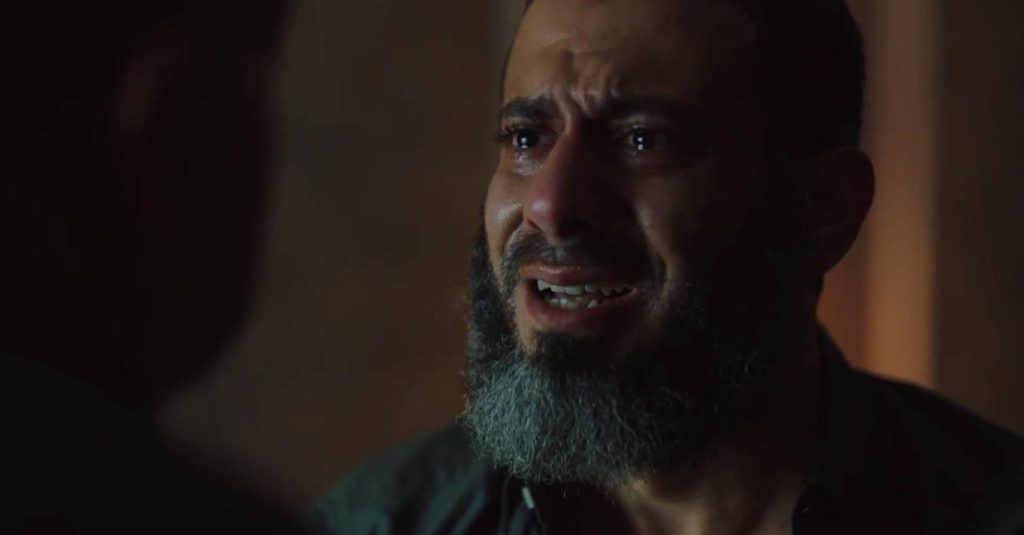Upon seeing any of the drama series aired throughout the Ramadan marathon, we’re already on set mode, closely monitoring the attitudes and behaviors of on-screen characters, waiting for a red flag or a sweet gesture so we can have our final verdicts. Because you know what? It’s part of the unclear elements of pleasure when it comes to watching drama stories, and playing the art critique roles we admire..determining the good and the bad guys of the story! With complex personas and unsteady patterns of behaviors, confusion has just took over, hindering our analysis process. Who are the villains? Is the character evil and deserves resentment? Or is he a flawed human being who lost his way in life? It’s hard to tell!
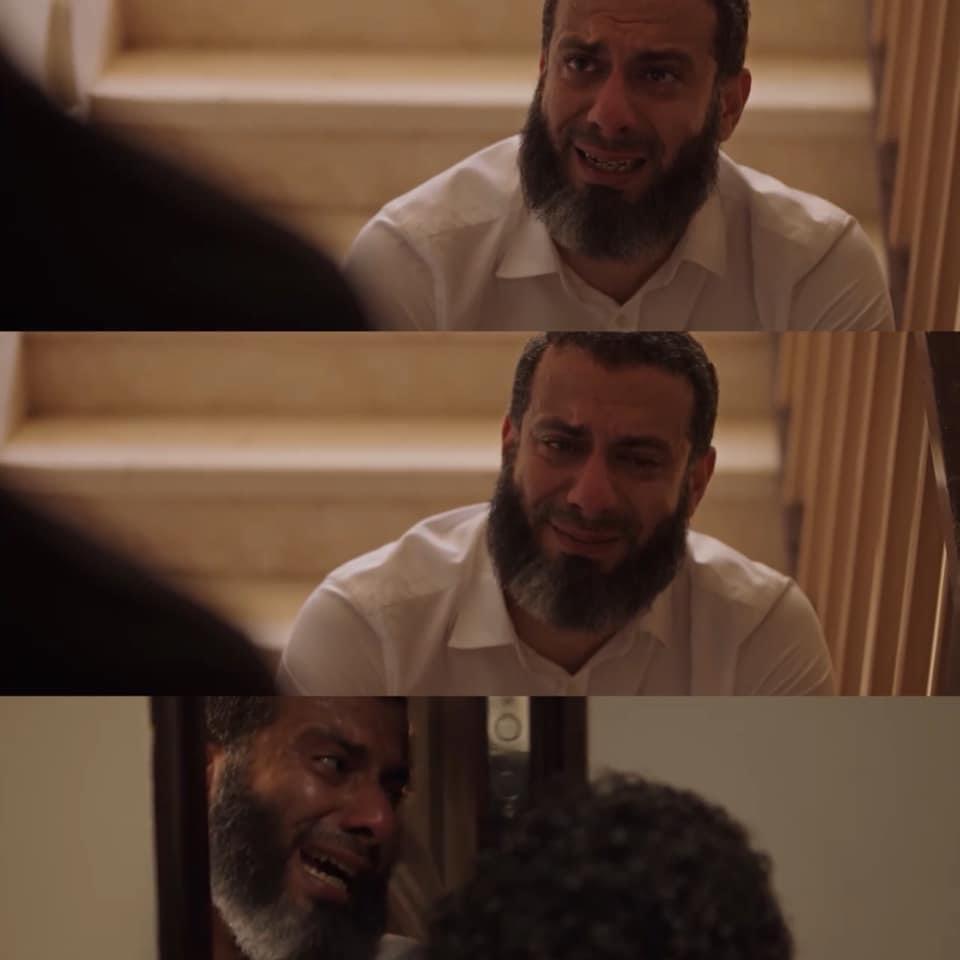
Perhaps if we take break from being all judgmental on the characters, and give it a second thought, we’d find the true villains somewhere else we never searched. Or, maybe the problem is that we only want it in black and white, but never look into the gray zone. Noticeably, this Ramadan marathon in particular was different when it came to taking our picks of the angels and devils of the stories. This is due to the enlightened scripts and special directorial visions that embodied ‘real,’ three-dimensional characters. They have their flaws, as well as their good side and un-tackled issues that unfold during the episodes, emphasizing where their actions came from. Eventually this ends up with the audience actually sympathizing with the character they once referred to as a villain.
The thing is, maybe the stories told this year were meant to teach us something different, altering the way we used to perceive and define people. Maybe there’s no pure evil in the world, at least in the majority of cases. Unresolved traumas and mental disorders that we witnessed during this year being addressed in Ramadan series came into play, making us rethink many of the convictions we once held to be true. Perhaps these mental health conditions are the real villains, not the psychologically unstable human beings who lacked the knowledge or necessary help needed to escape the suffering. Perhaps this ultimately led them afterwards to committing some mistakes, the ones that people hate on them for.
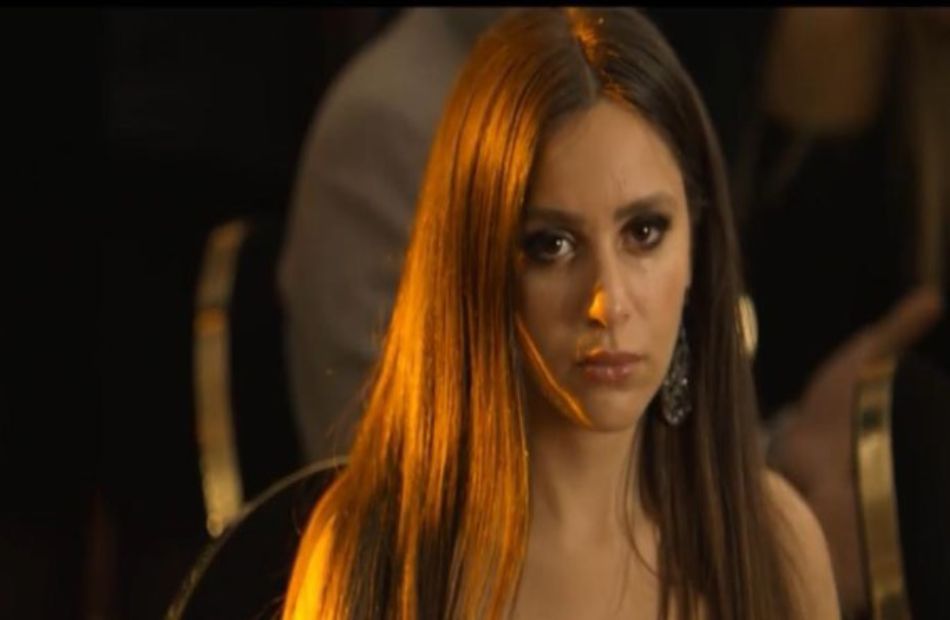
The top villain for the first few days of Ramadan was unquestionably Jamila Awad’s Tamara, who spent most of her hours planning to strip any of her close friends’ potential happiness or future relationships. Let alone, the brutal attitude she gave towards her mother. But, little did we know back then that she was only a victim of her own traumas that developed as a result of her father raising her, thinking that her mother abandoned her, and just wanted nothing to do with her.
Her aggressive attitude and vindicatory mindset portrayed in ‘Harb Ahleya’ series was only a reflection of the unresolved sense of rejection and abandonment she grew up to believe. As things get better with her mother, and her intrusive thoughts are addressed, we slowly start seeing Tamara healing and changing, where we then vividly witness the audience taking the “villain label” off the character.
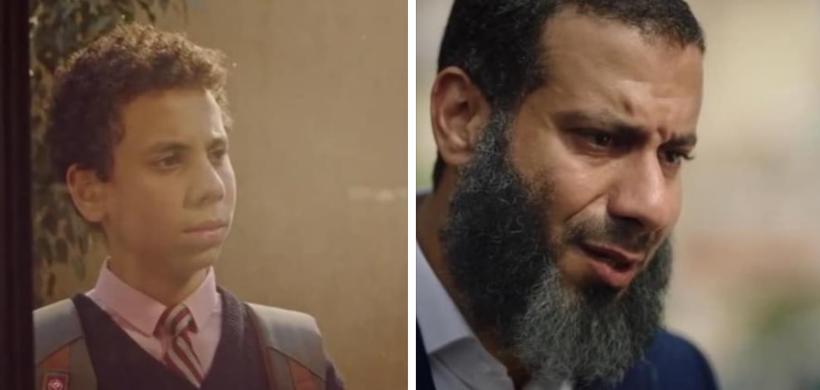
Moenes from ‘Le3bet Newton’ was one hell of a character who kept us on a roller coaster of emotions, leaving us wondering what we should be thinking of him. We start off believing he’s a deceiving, cheating husband, and along the way, we find ourselves un-publicly sympathizing with his character. Especially after finding out that he’s actually living with the trauma of his father convincing him that his ballet-dancer mother is a cheater while he was still a child, and that’s why he now has this urge to save everyone he sees in a situation similar to his mother’s.
Mohamed Mamdouh is another ‘Le3bet Newton’ character struggling with a parent-related trauma, as they used to constantly compare him to his successful brother, which pushed him to the edge, turning him into an obsessive, over controlling partner who lacks self confidence. They’re not pure villains, but rather, traumatized individuals who failed to address their concerns and heal, instead of bleeding on other people.
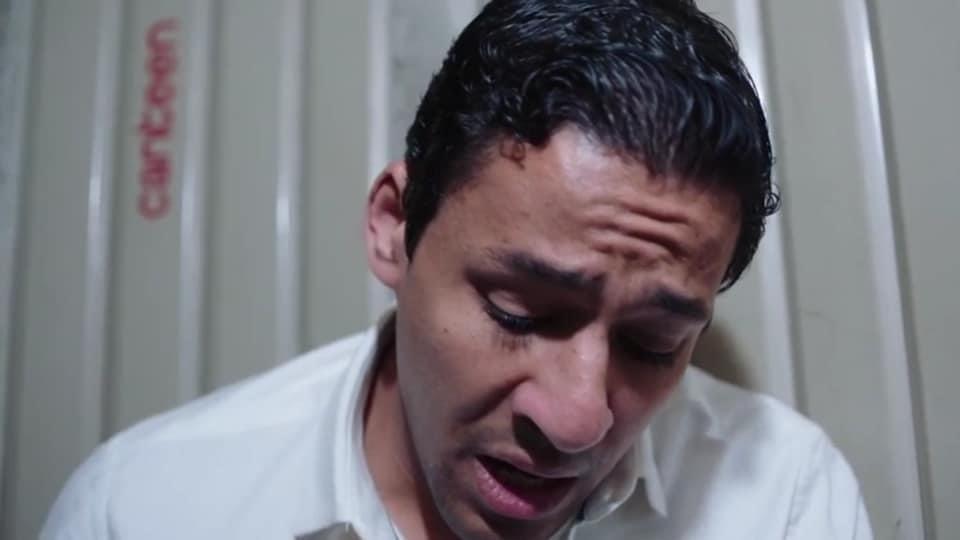
‘Khali Balak Men Zizi’ was a masterpiece, tackling various disorders like ADHD, the disorder the main character Zizi was diagnosed with. Zizi expressed why she had anger management issues, as well as her ex-husband Ali Kassem, who failed to communicate his needs and wants with his spouse. Eventually this led to their marriage crashing, him rebounding, then hurting his new wife-to-be due to his unresolved issues. Who’s the villain now?


